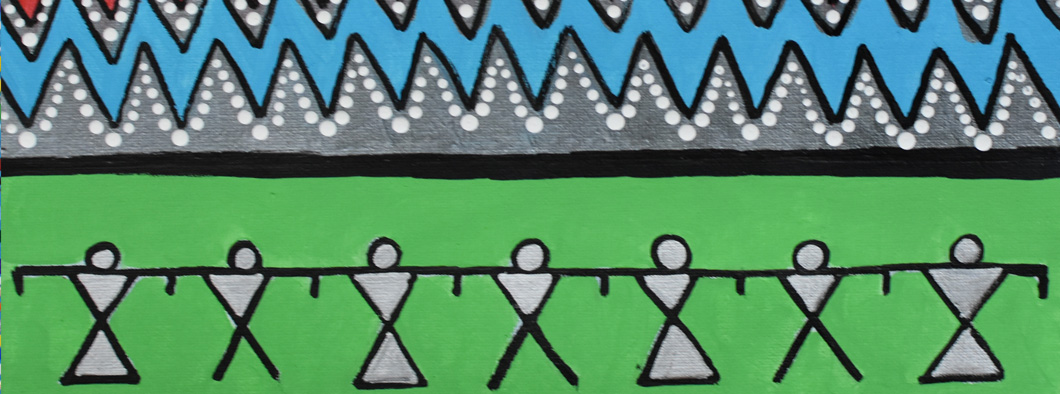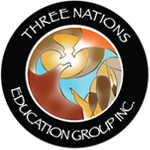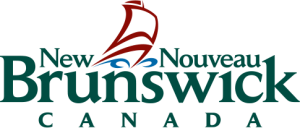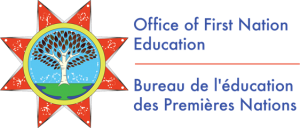Kitnmagn Ujit Ta’n Tel-Nenasikl L’nue’kati’l
The Struggle for Recognition as Nations
’Sikeyu Qeci Tetpitposultihtit Waponahkiyik
Theme:
Ta’n Tel-mimajultimk, Mawo’ltimk aqq Kɨpnno’lewey
Economic, Social and Political Life
Wetawsultiyeqpon, Mawehewakon naka Litposuwakon
Global Competencies
Critical Thinking and Problem Solving
- Learners see patterns, make connections, and transfer their learning from one situation to another, including real-world applications. (Activity 1)
- Learners solve complex problems by taking concrete steps to design and manage solutions. (Activity 2)
Innovation, Creativity, and Entrepreneurship
- Learners display curiosity, identify opportunities for improvement and learning, and believe in their ability to improve while viewing errors as part of the improvement process. (Activity 1)
Self-Awareness and Self-Management
- Learners adapt to change and are resilient in adverse situations. (Activity 2)
Collaboration
- Learners participate in teams by establishing positive and respectful relationships, developing trust, and acting interdependently and with integrity. (Activity 1)
- Learners learn from and contribute to the learning of others by co-constructing knowledge, meaning, and content. (Activity 1)
- Learners assume various roles on the team, respect a diversity of perspectives, and address disagreements and manage conflict in a sensitive and constructive manner. (Activity 1)
- Learners demonstrate empathy for others in a variety of contexts. (Activity 1 and 2)
Communication
- Learners ask effective questions to create a shared communication culture, attend to understand all points of view, express their own opinions, and advocate for ideas. (Activity 2)
Sustainability and Global Citizenship
- Learners understand the interconnectedness of social, ecological, and economic forces, and how they affect individuals, societies, and countries. (Activity 2)
- Learners recognize discrimination and promote principles of equity, human rights, and democratic participation. (Activity 1 and 2)
- Learners understand Wabanaki worldviews, traditions, values, customs, and knowledge. (Activity 1 and 2)
Curriculum Outcomes
English Language Arts
Specific Curriculum Outcomes
- 2. Students will contribute to and respond constructively in conversation, small-group, and whole-group discussion, recognizing their roles and responsibilities as speakers and listeners (Activity 1)
Social Studies
Specific Curriculum Outcomes
Students will be able to:
- 5.4.2 Examine decision-making practices in First Nations and Inuit societies in what later became Atlantic Canada (Activity 1 and 2)
- 5.6.1 Illustrate the similarities and differences of past societies and your society (Activity 2)
Associated Text Materials
Grade 5 – Investigating Past Societies*
- p. 102, 108–112 — How did Early First Nations and Inuit in what is Present-Day Atlantic Canada Make Decisions?
* Although the textbook is titled “Investigating Past Societies”, it should be noted that it also deals with societies that exist now.





